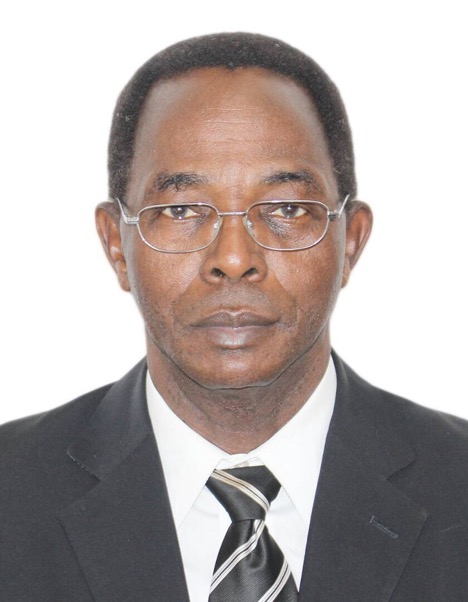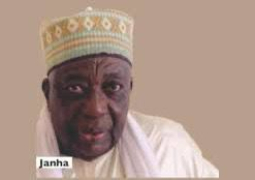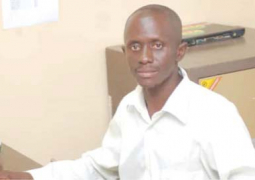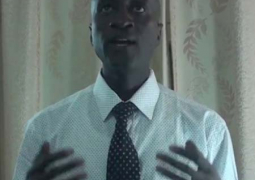
The end results of this manifestation by African political leadership often leads to chaos in governance in many countries across the continent. African countries in which power of leadership have trapped the country into self- perpetuating rule and dictatorship, have created political, governance and constitutional crises in the political system. The world has witnessed these crisis situations in Kenya, Togo, Senegal, Cameroon, DRC, Gabon, Guinea Conakry, Guinea Bissau, Cote D’ivoire, Mali, Burkina Faso, Niger, Sierraleone and elsewhere in the continent. The Price of Power proved costly for some of these countries as can be attested to by the world community. A common feature in the African political system is the contradictions between seeking power by democratic means and keeping power as personal to the holder regardless of the constitutional order and the requirements of democratic governance. The longer the Leader stays in power under such political circumstances, the potential for either a military intervention or people’s revolt against the status quo through the ballot box do exist. The democratic transition in political power is therefore vital to good governance and sustainable development. Moving on, it is appropriate to be country specific in terms of the changing phases in the country’s political transition from Independence in 1965 to date and how this has impacted on State Power, governance and development.
SIR DAWDA KAIRABA JAWARA- As the Founding Father of The Gambia’s Independence. Sir Dawda worked remarkably well for the country to flourish and be recognized by the world. He laid the foundation for democratic governance, rule of Law, protection of human and people’s rights and built strong institutions of National development. He mapped out the Plan for infrastructure projects throughout the country’s political transition. He ruled the country for thirty (30) years from 1965- 1994.
Jawara used the strategy of National Reconciliation to keep the country together. Members of other opposition parties were drawn into the PPP, all regions and tribes were represented in Cabinet, the top class bureaucracy were mainly merit - based and competence - based. Foreign Service was mainly career based and the Civil Service was not politicized. The limits of power of all official positions were clearly defined. Ministers had no authority to say who should be their Permanent Secretaries or to push them into undue policy actions. Administrative power lies with the Permanent Secretary of the Ministry. Commissioners (Governors) had to be from the ranks of the administrative class and cannot be posted to the region they come from.
In 1992 at the People’s Progressive Party (PPP) Congress in Mansakonko, Sir Dawda announced his intention to retire from active politics. By implication therefore, the end of his Presidency. As a result, political commotion erupted with government Ministers, political executives of the Party and supporters insisted that the President should continue in Office. Consequently, Sir Dawda changed his decision and continued to serve the country although, under excruciating political circumstances. Unfortunately, in the end, the Price of Power caught up with him and he became a victim of the military takeover of the PPP government in 1994 led by Yahya A JJ Jammeh. Jawara was sent into exile in England, where he lived for seven years before returning to his country under Presidential Pardon. As an elder statesman and founding father of the Nation, he was accorded all the dues and privileges of a President by the State up to his final departure from this world. YAHYA A J J Jammeh - The young army officer took over power under military rule up to 1996 in the Military Council was transformed into a civilian outfit. Jammeh went into his first election as a civilian President and won overwhelmingly. He ruled the country with a government of benevolent dictatorship with massive benefits in all aspects of development and life for 22 years. In all truth, even when one was blind and walked the streets and traveled around the country, one must have felt the dynamism of the development interventions of the Jammeh government. He amply demonstrated love for country and intervened where necessary to address the concerns and welfare of the people. This notwithstanding, however, unfortunately, the Price of Power caught up with him in 2016 when he refused to accept the election results which acknowledged Adama Barrow as the legitimate winner. There was a Political Impasse which ended with the intervention of ECOWAS troops. Jammeh was sent into exile in Equatorial Guinea. He is yet to return to his country. ADAMA BARROW - The current President of the republic, HE Adama Barrow came to power in 2017 after he won the 2016 elections.
There is no doubt that Adama Barrow by nature, is a soft- mannered person and that character trait seemed to surface in his leadership of the country. Gambians have hardly seen a Minister fired from office, Cabinet Reshuffle, executive order that sanctions execution of death sentence. He revived democratic governance and implemented unprecedented infrastructure projects in all aspects of the economy. However, his government is yet to take alleged widespread corruption in the system head on. It has become a moral issue on the conscience of political leadership. In a recent NPP Congress in Jarra Soma, Barrow was elected to continue the leadership of his Party and said to be asked by the Party executive to run for a third term in the 2026 elections. In a recent interview on QTV, Barrow said he would have wanted to take the back seat (quit) but his Party members wanted to reflect on the fact that the NPP is a young Party and needs time to grow in the Political system. Therefore, he should not leave power now. The political interpretation of this decision is that the NPP’s interest takes precedence over the National interest. Conclusion: it is interesting to see many similarities between the PPP Congress in 1992 in Mansakonko and the NPP Congress in 2025 in Soma in the same Mansakonko environment both in tone and conclusions. It remains to be seen whether the democratic credentials of the seat of power will remain intact in 2026. The question of a new constitutional order is still hanging in the balance. It is the responsibility of the Politicians to fix it. It could be said that the fundamental problem in political powership in Africa is the lack of proper succession planning and political greed.




